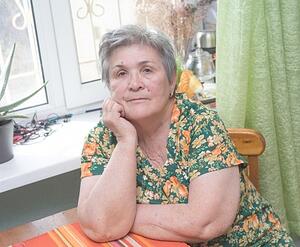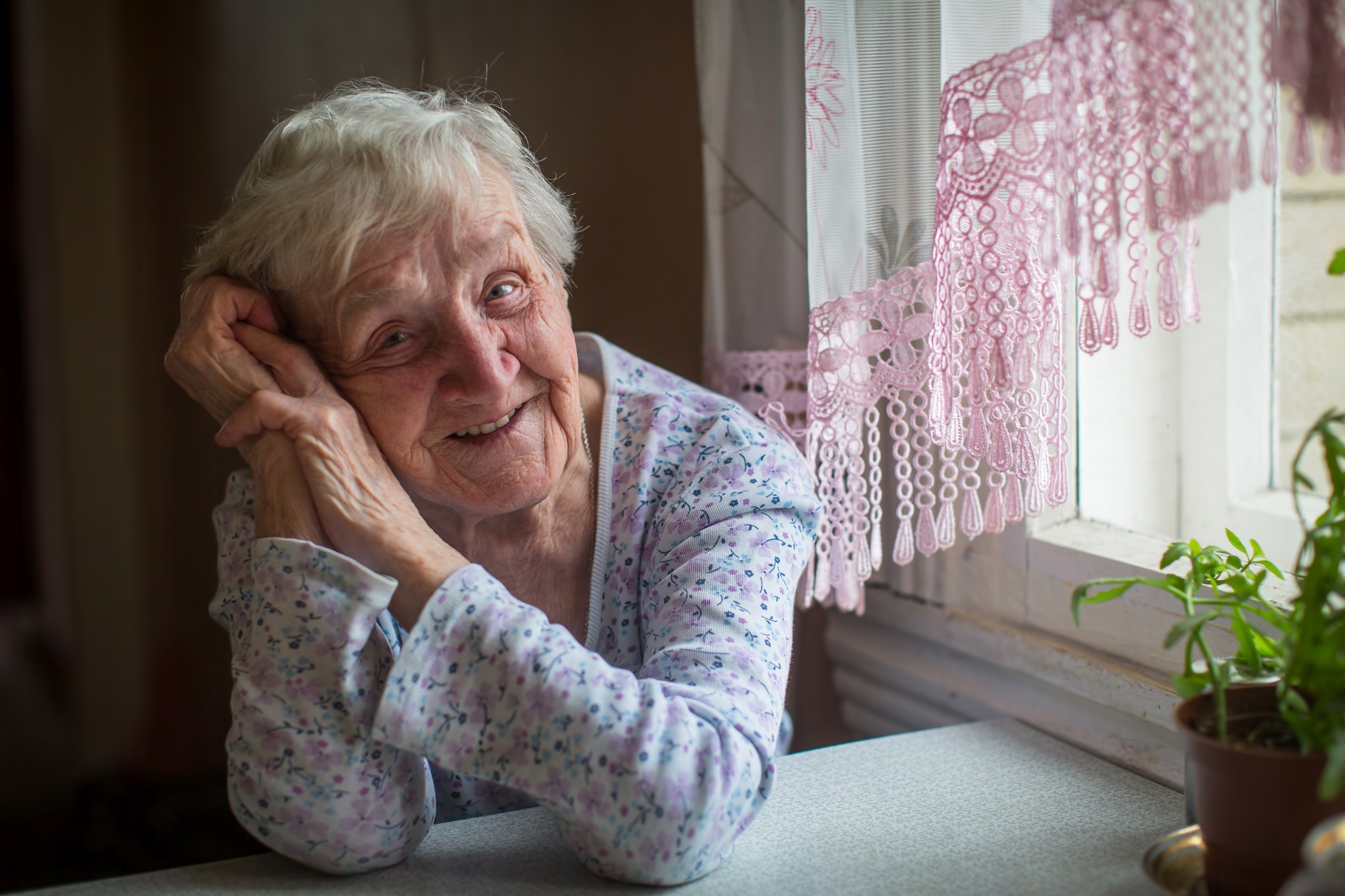Of all the decisions you make with your parents, few carry more weight than the choice of elder care. The better you are at finding a safe and comfortable elder care solution for your parents, the easier it is for them to stay healthy and happy for the rest of their lives.
One big decision you’ll likely face is whether to move your parents into independent living, personal care or memory care or allow them to age in place. In making this decision, you and your parents need to consider all the pros and cons of aging in place:
Pro: Less Disruption
One key advantage of aging in place is that it causes less disruption. Your parents wouldn’t have to go through the time and effort of packing up and moving out of their home, moving into a new community, getting used to all of its features. Instead, they can continue living their lives as they did before, although they’ll likely have to make some gradual changes to their home to make it safer and easier for them to get around.

Con: Less Access to Care
While keeping your parents in their original home causes fewer disruptions, that’s not always a good thing. As your parents age, they’ll likely need more medical care, especially if they develop dementia, mobility issues, or chronic diseases. While you can hire a medical professional to live with or frequently visit your parents, they may have difficulty adjusting to this new routine.
Pro: More Control
Arguably the greatest benefit of aging in place is the ability to control one’s own life. When your parents are living on their own property, they have the freedom to use that property in the way they see fit, whether it’s building something, cooking meals, gardening, or pursuing other hobbies or activities whenever and wherever they want. Having control over one’s life and activities is essential for staying happy and confident at any age.
The more autonomy your parents have, the more responsible they are for their own safety and needs. And the older they get, the harder it is for your parents to take on this responsibility.
Con: More Responsibility
The more autonomy your parents have, the more responsible they are for their own safety and needs. And the older they get, the harder it is for your parents to take on this responsibility.
Even if they are in good health, one of your parents could fall and seriously injure themselves. According to the Centers for Disease Control and Prevention, one in four Americans aged 65 and older falls each year, and one in five falls causes a serious injury. And if you have a parent living alone, it could take hours or even days for someone to find them. By contrast, retirement communities are staffed around the clock.
Besides putting them at risk, this extra responsibility can be inconvenient for your parents. As they get older, there’s a good chance they will no longer be able to drive. This means they’ll rely on you, other relatives, or neighbors to transport them. In most retirement communities, transportation is available if needed.
Pro: Community Continuity
When your parents age in place, they get to stay in the neighborhood they’ve been living in, which they’re familiar with and where many of their friends are. This may makes it easier for them to keep up long-term friendships, and they may feel more socially connected in the short term.
Con: Limited Social Opportunities

While staying in their own community may makes it easier for your parents to stay social in the short term, it may become harder in the long run. Many of your parents’ friends will move away, often into retirement communities themselves. Once they’re gone, it may be a challenge for your parents to find new friends in their neighborhood, especially if they have mobility issues that make it harder to participate in community events.
But in senior living, there will be ample social activities and other opportunities to form new friendships with other residents as well as the staff. In the long run, it may actually be easier for them to stay social in a retirement community. And multiple studies have shown that social connections are just as important as diet and exercise to health and wellness.
Have questions or want more information about aging in place vs. senior living? We’re here to help. Click here to contact us, and we’ll help you make the best decision for your elderly loved ones.













